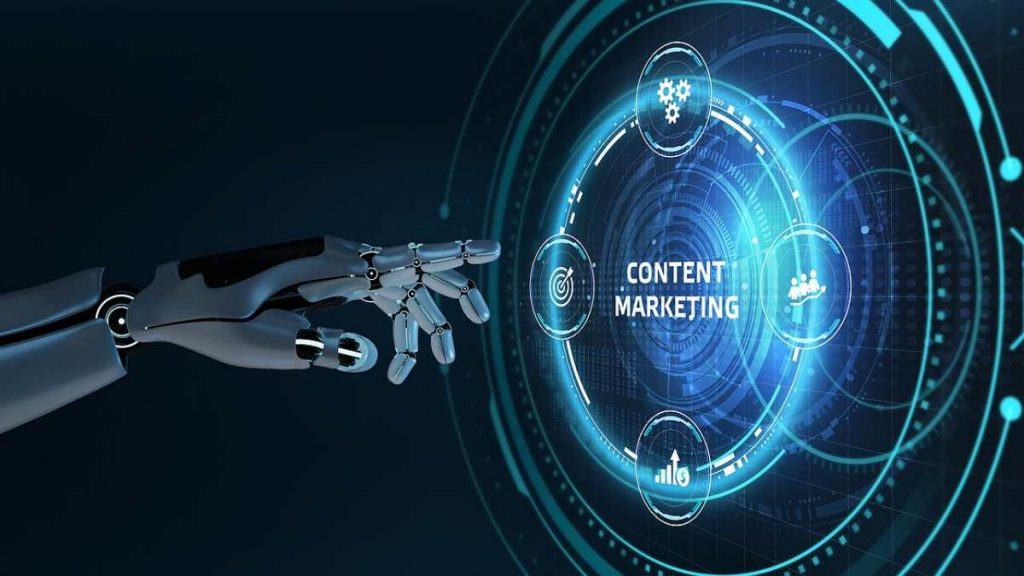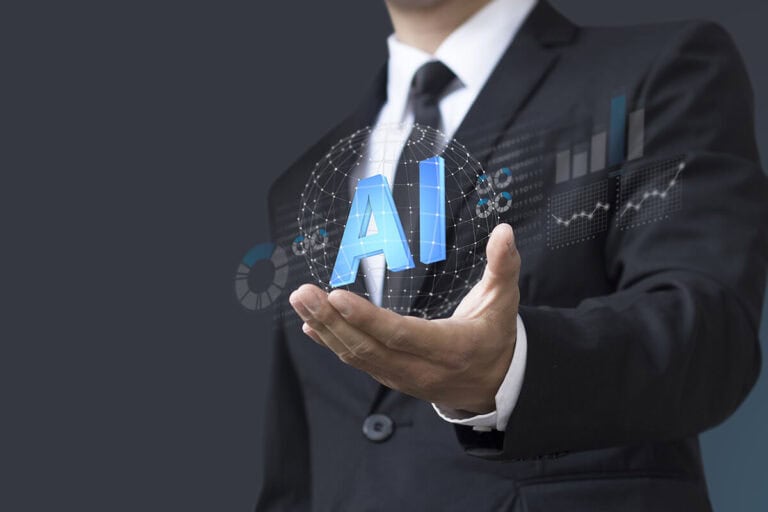OpenAI, the San Francisco-based AI research lab, released the third version of their Generative Pre-trained Transformer software, or GPT3 in short, back in May 2020. This has taken the world of marketing – or content marketing, to be precise, by storm. What does the future of AI in content marketing look like?
Table of Contents
ToggleGPT3 uses deep learning and makes use of more than 175 billion MLPs (Machine Learning Parameters) to produce high-quality textual content that has been used to generate fiction stories, code completion software, and even text-based adventure games.
But perhaps, one area where GPT3 has found wide acceptance has been in marketing, especially content-based marketing. Startups like Jasper.ai and Rytr use GPT3’s public API to help marketers auto-generate blog posts, email newsletters, and even content for their landing pages and ads, often at a fraction of the cost that it takes to write with human writers.
This is how the platform works – users typically need to input a topic, along with sectional keywords or other details, and the AI engine takes over from there to produce content.
Here is a screenshot of content I was able to auto-generate from Rytr.me.
As you can see, the quality of content produced with GPT3 far exceeds anything you may have ever seen with Artificial Intelligence-based tools before.
This has led to experts theorizing that the future of content is AI. Why hire humans to write if a computer can produce well-researched articles at a fraction of the cost. In some ways, this is already happening at a scale large enough for Google to sound warning that such content is against their webmaster guidelines.
But this is assuming that the Google algorithm will even be able to differentiate between human and computer-written content. The next version of OpenAI’s GPT software, the GPT4, is expected to launch later this year, or in 2023 – and this could completely overhaul the way businesses approach content marketing.
Will GPT4 be sophisticated enough for the Google algorithm not to be able to differentiate it from human-written content? Also, what stops Google from using the same technology to answer search queries themselves – instead of having to redirect them to other websites?
That could redefine the way the internet ecosystem operates.
Long way to go for AI in Content Marketing
While the direction that we are headed towards may seem futuristic (or dystopian, depending on how you look at it), the truth is that we are still some time away from AI completely replacing humans in content creation.
The primary reason for this is that the quality of content depends on the MLPs – and there can never be enough data to produce the kind of content a human can objectively produce. One of the key criticisms about the GPT3 technology is how bias can creep into the content – for example, the content it generates has often been accused of associating ‘Islam’ with “terrorism’, while blackness (with respect to race) is often associated with negative stereotypes.
These are biases that do not have a place in modern marketing assets and can cripple brand value. All it takes is one mistake to undo years of brand-building.
So what does the future look like?
AI in content marketing has its advantages – it can help businesses scale up relatively fast without a commensurate increase in resources. But having said that, the ideal approach is hybrid which involves human intervention and gatekeeping to make sure that the content that AI is in line with what is expected of your content marketing efforts.




